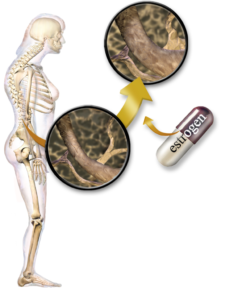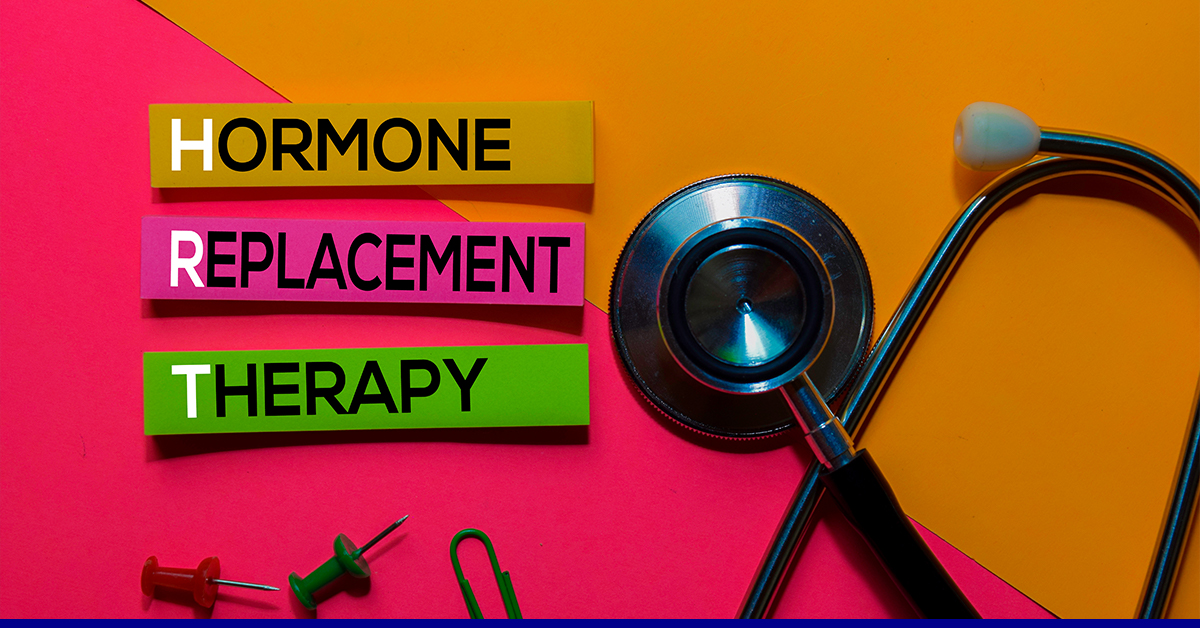Hormone Replacement Therapy (HRT) is a medical treatment used to relieve symptoms associated with hormonal imbalances, particularly during menopause in women. It involves supplementing the body with hormones that are no longer produced in sufficient amounts. This comprehensive guide will explain what HRT is, how it works, its benefits and risks, and who can benefit from it.
Table of Contents
What is Hormone Replacement Therapy (HRT)?
Hormone Replacement Therapy is designed to replenish the levels of estrogen and progesterone in the body, which decrease significantly during menopause. There are different types of HRT, tailored to meet individual needs:
- Recommended for women who have had a hysterectomy.
- Contains both estrogen and progesterone, used for women who still have their uterus to prevent the risk of endometrial cancer.
HRT can be administered in various forms, including pills, patches, gels, creams, and injections.
How Does HRT Work?
HRT works by restoring hormone levels to alleviate menopausal symptoms and improve quality of life. The key hormones involved are:
- Helps regulate menstrual cycles, maintains bone density, and supports the health of the cardiovascular system and skin.
- Balances the effects of estrogen and prepares the body for a potential pregnancy.
By supplementing these hormones, HRT can help manage symptoms and reduce the risk of certain health issues associated with menopause.

Benefits of HRT
Relief from Menopausal Symptoms
HRT is highly effective in alleviating common menopausal symptoms, including:
- Sudden feelings of warmth, often intense and uncomfortable.
- Severe sweating during sleep disrupts rest.
- Leading to discomfort and pain during intercourse.
- Hormonal changes can lead to irritability, depression, and anxiety.
- Insomnia or poor sleep quality.
Prevention of Osteoporosis
Estrogen plays a crucial role in maintaining bone density. Postmenopausal women are at a higher risk of osteoporosis due to decreased estrogen levels. HRT can help prevent bone loss and reduce the risk of fractures.
Cardiovascular Health
Some studies suggest that HRT can have a protective effect on the heart when started early in menopause. Estrogen helps maintain healthy blood vessels and cholesterol levels.
Risks and Side Effects of HRT
While HRT has numerous benefits, it also carries certain risks and potential side effects. It is essential to weigh these carefully before starting treatment.
Risks
- Breast cancer: Some studies indicate a slightly increased risk of breast cancer with long-term use of combined HRT.
- Blood clots: HRT, particularly oral forms, can increase the risk of blood clots.
- Stroke: There is a potential for a slightly increased risk of stroke.
- Heart disease: The effect of HRT on heart disease risk varies, and it may increase the risk in some women.
Side Effects
Common side effects of HRT include:
- Bloating
- Breast tenderness
- Nausea
- Headaches
- Mood changes
These side effects often improve over time as the body adjusts to the hormones.
Who Can Benefit from HRT?
HRT is primarily recommended for women experiencing moderate to severe menopausal symptoms that affect their quality of life. It is also beneficial for those at high risk of osteoporosis. However, HRT is not suitable for everyone. Women with a history of breast cancer, blood clots, liver disease, or certain other health conditions may be advised against HRT.
Consulting with a Healthcare Provider
Before starting HRT, it is crucial to have a thorough discussion with a healthcare provider. They will assess your medical history, risk factors, and symptoms to determine the most appropriate treatment plan. Regular follow-up appointments are necessary to monitor the therapy’s effectiveness and adjust dosages if needed.
YOU MAY ALSO READ: How do you fix Sleep Apnea?
Alternative Treatments
For those who cannot or prefer not to use HRT, there are alternative treatments available to manage menopausal symptoms:
- Regular exercise, a balanced diet, and stress management can improve symptoms.
- Certain antidepressants, blood pressure medications, and other drugs can help alleviate symptoms like hot flashes.
- Some women find relief with natural remedies like black cohosh, though scientific evidence is limited.
Conclusion.
Hormone Replacement Therapy can significantly improve the quality of life for women experiencing menopause by alleviating symptoms and preventing certain health risks. However, it is essential to carefully consider the benefits and risks, consult with a healthcare provider, and explore all available options. With the right approach, HRT can be a valuable tool in managing the challenges of menopause.


Leave a Comment